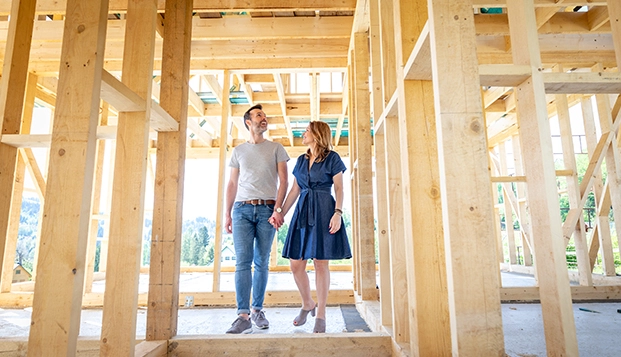The Fundamentals of a Real Estate Market


You become a more capable buyer or seller once you comprehend the fundamentals of the real estate market. Knowing these elements might help you as a buyer assess your bargaining and purchasing power, and as a seller, the real estate market basics can advise you on how much to price your house, how many bids to expect, and when to expect to sell it. Let's dive into some of the most common real estate market fundamentals that will help you understand the game a little bit better.

Fundamental 1: Supply and demand create buyer's and seller's markets.
First of all, it is safe to say that real estate market trendsvary largely on supply and demand. Even though there may be numerous properties in a community, only a few are typically up for sale at any given time. Which side of the market is more favorable to buyers or sellers depends on the supply of properties for sale compared to the demand to purchase them. It's a terrific time to be a buyer when there are numerous homes for sale, but few buyers are interested in them - it is a buyer's market at that moment. In contrast, when there are few homes for sale but many interested parties, it is an excellent moment to be a seller and spice up the market with elevated prices. When you purchase in a buyer's market, you become quite powerful. You might be able to negotiate a cheaper price. In a seller's market, purchasing can be challenging. Multiple offers could be made to the seller. In a seller's market, you have a lot of negotiating leverage. Often, you can dictate the parameters that you want.
Fundamental 2: Low mortgage rates spur demand.
Mortgage rates have an indirect effect on the real estate market valuation because interest rates significantly influence the demand for properties. Rising interest rates make it more expensive to finance a home purchase, which reduces the demand for homes. When rates are falling, the opposite happens. More people choose to buy a home rather than rent when financing costs decrease. Many people think that mortgage interest rates are set solely by the government. There is a relationship, even though it doesn't do so directly - banks, credit unions, mortgage lenders, and other lenders also determine the mortgage rates that private homebuyers and homeowners pay.
Fundamental 3: The economy is an indispensable key factor.
The situation of the economy as a whole has a significant impact on the real estate market statistics that we encounter on a regular basis. Economic metrics such as employment statistics, manufacturing activity, retail pricing, etc., are typically used to measure this. Generally speaking, the real estate market is sluggish whenever the economy is. However, different types of real estate may be affected differently by the economy's cyclicality. A REIT, for instance, would normally be more impacted by an economic downturn than one that had made investments in office buildings if it had a higher number of hotels as investments. On the other hand, office renters typically have longer-term leases that cannot be modified amid a recession. Understanding the economic cycle in which we are currently living, as well as the cyclical sensitivity of real estate, is crucial.
Fundamental 4: New construction expands supply.
There are other sources of real estate supply than already-built homes. Homes sometimes appear on the market when new home builders offer them. In general, newly constructed homes cost more than comparable pre-owned properties. They follow the most recent building codes for stability and safety, lessen the need for maintenance in the foreseeable future, and typically use less energy than older homes. The local authorities issue a permit to the builder so they can start working, thus creating a brand new supply in the real estate market.
Fundamental 5: Real estate is considered an inflation hedge.
Home values typically tend to increase along with inflation. This is because expenditures associated with building new homes must increase to keep up with inflation. But the prices of existing homes also rise with inflation. If you have a fixed-rate mortgage, the increase in inflation makes your fixed monthly payments more manageable. Additionally, as a landlord, you can raise the rent to reflect inflation.
Visit us at Nest Invest where we can communicate on the current real estate market trends and find the most suitable real estate option for your needs and demands.










